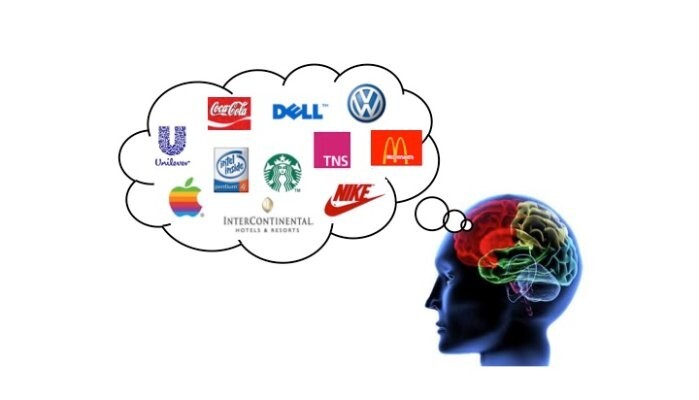Power of Consumer Psychology: Top 3 Tactics Brands Employ to Influence Biased Decision-Making
Have you noticed that when it comes to buying our daily groceries or doing our chores, we often gravitate towards familiar grocery stores? Similarly, when dining out, we tend to stick to the same dishes and feel hesitant about trying new ones? This tendency to develop a cyclic routine and stick to our daily preferences, whether consciously or unconsciously, applies to almost every aspect of our lives.
So, why does this happen? Why don’t we naturally feel inclined to explore new things, and why does it require extra effort to do so? Well, the answer lies in consumer psychology! Our brains have a tendency to form patterns and derive meaning from every situation. Once these patterns are established, our brains tend to make biased decisions based on these preferences.
Now, imagine if all external circumstances were deliberately set up to manipulate our brain’s preferences towards a specific brand or product. This phenomenon is known as consumer psychology manipulation, where brands utilize the understanding of consumer psychology to influence biased choices, often leading to an emotional decision in favor of one product over another.
In this blog, we will delve deeper into how brands employ consumer psychology to drive these biased choices and increase brand loyalty
The heart of Consumer Psychology

Image Source: Brands & Brain
Driving consumer psychology is all about creating perceptions in the brain!
It is about having a presence in the 1500 cc mass of tissue inside our heads. Great brands understand this very well and invest a lot of time and effort into creating optimal brand elements that act as entry points for their consumers.
The main focus here should be on making sure that all the branding elements effectively communicate the same message.
So how do brands drive consumer psychology?
Let us now begin to unravel the secrets of what great brands understand about the brain, along with real-life examples!
1) Creation of neurotransmitter stimuli that fire up the brain!
We need to understand that the brain has its own objectives. It wants to feel good, secure, and avoid pain! And each of these feelings directly corresponds to the levels of certain neurotransmitters like dopamine, serotonin, testosterone, etc.
When the outer circumstances increase the levels of these neurotransmitters, our brain feels good and drives our decisions! And our brain loves to go for those brands that give it the maximum neurotransmitter spike it is looking for.
For example:
Image Source: One Plus Invites
Let’s consider the Chinese mobile brand OnePlus. In 2018, its smartphones managed to take up 34% of the market share in a very short time. The reason it was able to do this was because of a unique branding strategy that fired up the neurotransmitters in its audience’s brains.
Humans naturally crave exclusive products, and when obtained, they release a lot of neurotransmitters that the brain loves. When OnePlus launched their phone, they introduced the ‘by-invitation-only’ system where customers could buy the phone only if they had an invitation!
The campaign soon went viral, making OnePlus a ‘VIP Product’ for a ‘select’ group of people!
2) Reducing the overload of choices in front of customers
The brain is a vast network of connections that requires an enormous amount of energy to keep running smoothly. Of all the activities that the brain does, deliberate conscious thinking is the most energy-intensive activity. Hence, the brain tries its best to reduce conscious thinking and move it to the unconscious mind.
Brands understand that helping the brain push things into the unconscious and making things automatic for it naturally develops a fondness for the brand and develops brand loyalty
For example:
Image Source: Pepsi Vs Coke challenge
To understand this, let’s refer to a classic example of the Pepsi challenge.
In one of their campaigns, participants were asked to drink a glass of Coke and Pepsi without any labels on them! And guess what happened? More than 50% of them preferred Pepsi over Coke! Pepsi was really excited, but unfortunately, this excitement dropped when the challenge was conducted with the Pepsi and Coke labels on. This time, customers preferred Coca-Cola more than Pepsi ever.
It was an interesting scenario as it shows Coke had a presence in the unconscious mind of the users, and the brain’s natural instinct was to prefer Coke over Pepsi.
3) Creating contrasts that drive attention
The brain remembers and engages with contrasts! Contrasts help the brain develop dopamine.
The difference from the base level, from the expected pattern triggers a dopamine spike in the brain!
For example:
Image Source: Timotei Ad Campaign
The Timotei Lion ads were launched in the 1980s and quickly gained popularity due to their unique and visually striking concept. The combination of the majestic lion and the association with beautiful hair resonated with consumers, making the ads memorable and impactful.
The use of a lion as a symbol of luxurious and healthy hair was a departure from traditional shampoo advertisements which helped Timotei stand out from competitors and create a distinct brand image.
Conclusion
This blog illustrates how brands, armed with an understanding of consumer psychology at the brain level, can effectively shape and influence biased decisions. It also demonstrates the significant impact that brands can have on us.
At Luxeveda, we excel in crafting marketing campaigns by leveraging consumer psychology and empower brands in making informed brand decisions
If you are looking for solutions over marketing strategy, we invite you to reach out to us. Our team is ready to work together with you to create a tailored marketing campaign that perfectly aligns with your brand’s specific goals and requirements.
PUBLISHED ON
July 15 2023


